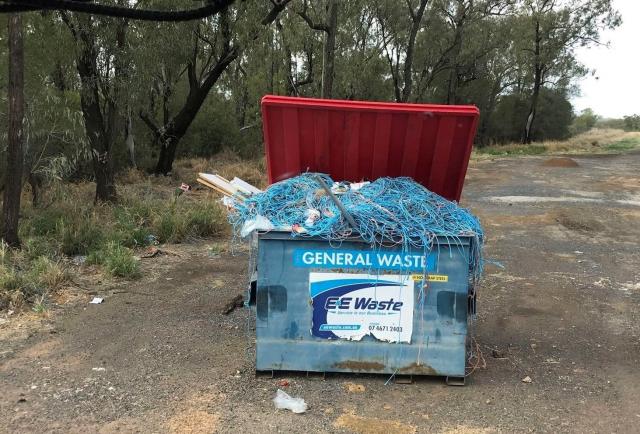Similar to the rest of Victoria, the Yarra Ranges can expect a warm, dry summer ahead according to the latest Bureau of Meteorology outlook.
The summer outlook, released on 28 November, shows there’s a high chance Victoria will experience warmer than normal daytime temperatures and lower than normal rainfall over the next three months.
The outlook for the Yarra Ranges is similar to the rest of the state.
The region faces an unlikely, 30 to 35 per cent chance of exceeding the median rainfall between December and February, which is 186mm at Yarra Glen.
When it comes to the maximum – or daytime – temperatures, there is a likely, 75 to 80 per cent chance of exceeding the median of 25.8 degrees.
However, there could be some relief for residents during nighttime, with a 50 to 60 per cent chance of exceeding median minimum temperatures.
Bureau manager of long-range forecasting Dr Andrew Watkins said the warmer, drier summer across the state is influenced by two main factors.
“The first is a positive Indian Ocean Dipole,” he said.
“This really refers to having cooler than normal waters off Indonesia and that tends to reduce the amount of moisture coming into the atmosphere.
“It also tends to park big high-pressure systems over Victoria and reduce the fronts that come through and reduce the cloudiness over the summer period.
“The other big influence we’re looking at is a negative southern annular mode or SAM.
“That tends to push weather systems a bit further north during the summer well at least until December or rather through until January.”
Dr Watkins said the outlook was an important reminder for communities to be alert to the potential severe weather risks over the coming months.
“We’ve already seen significant bushfire activity during spring, and the outlook for drier and warmer than average conditions will maintain that heightened risk over the coming months.
“This outlook also means the risk of heatwaves is increased, so it’s important the community stays up to date with the latest information and advice from authorities
For more information on Australia’s severe weather risks, visit bom.gov.au/knowyourweather.







